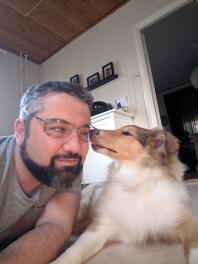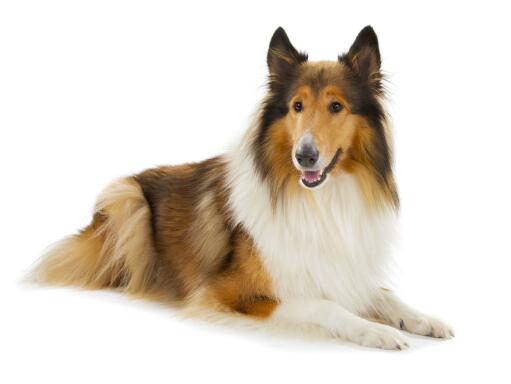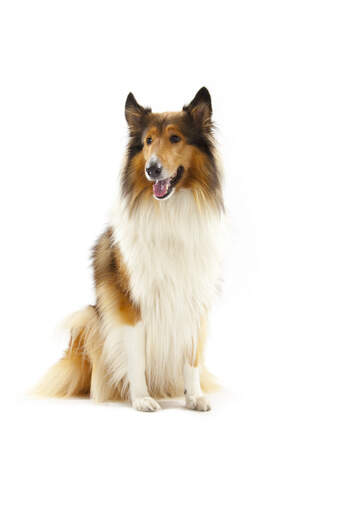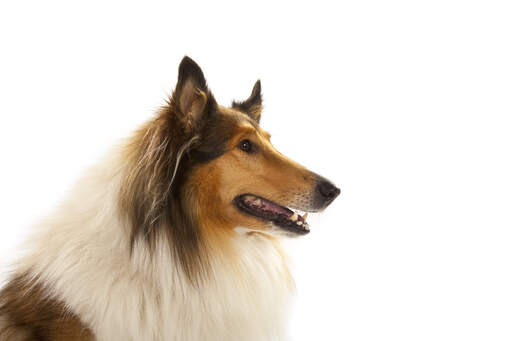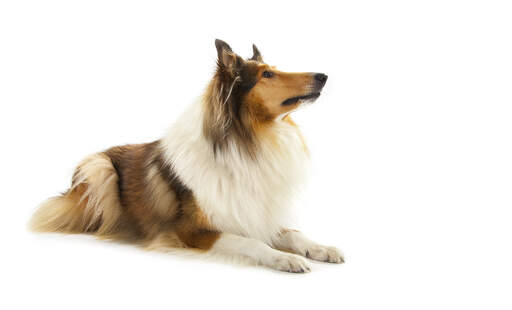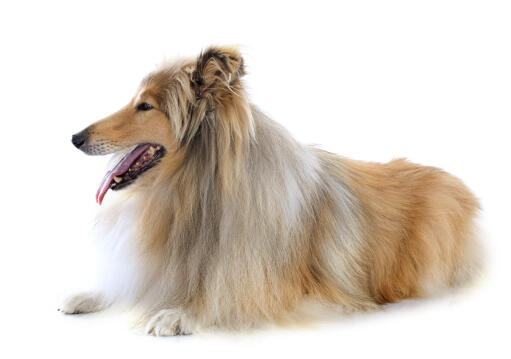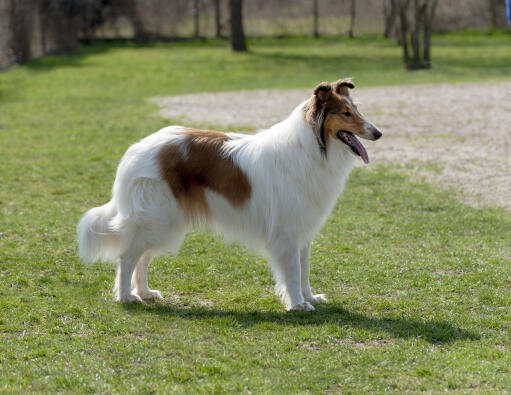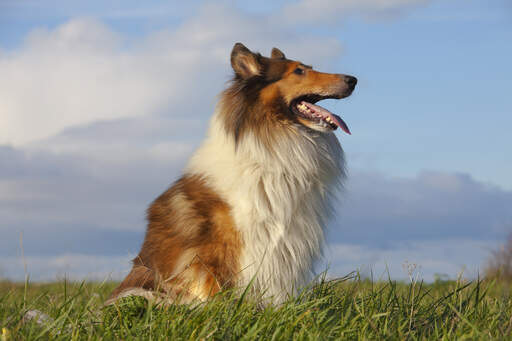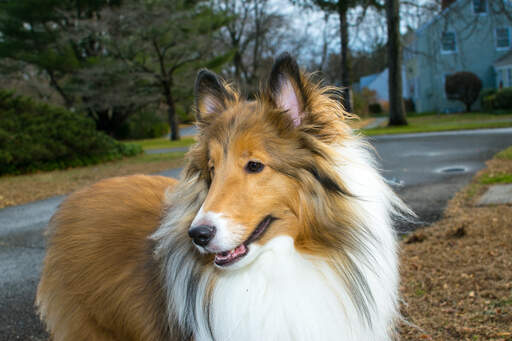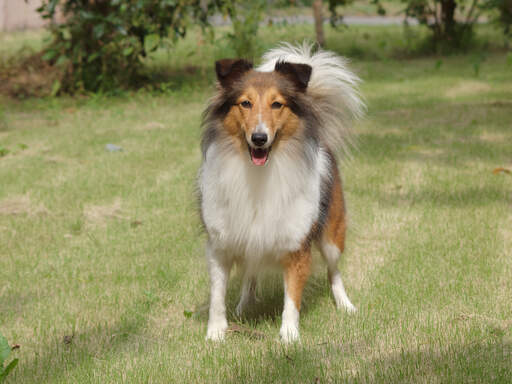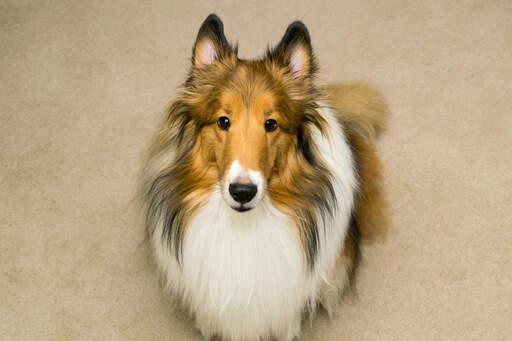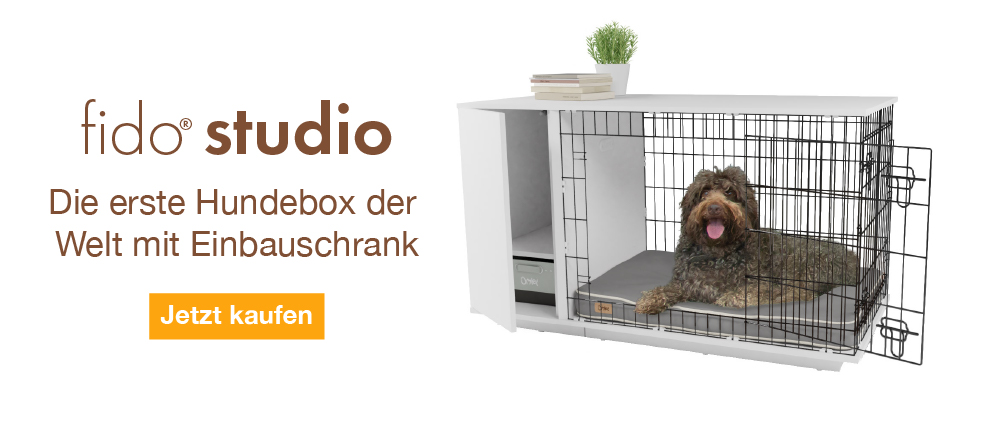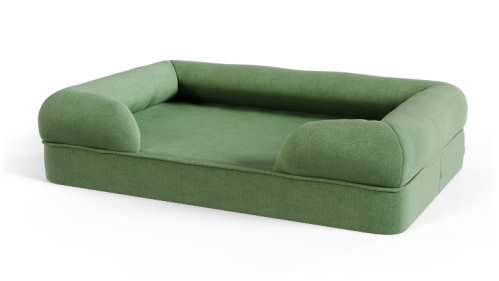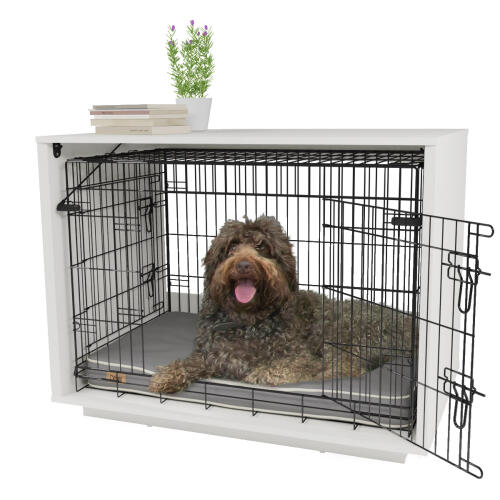Collie (Langhaar)










Geschichte
The Rough Collie originates from Scotland/Wales and was used to herd sheep. The Scottish type was larger and slightly more aggressive to deal with the Highland sheep, whereas the Welsh Collie was smaller and more friendly, dealing mostly with goats. In the 1800's English breeders cross bred the two to produce the Collie we know today. Their number quickly rose with Queen Victoria started keeping Collies and with the most famous Collie of them all, Lassie, the breed soon became very popular. The name probably stems from the sheep that Collies were responsible for herding, the Colley.
Verhalten
The Rough Collie is an intelligent dog, that always seems to know what is going on around them. They get on very well with children and other pets/dogs is well socialised from an early age. They must be taught they should not nip at heels, a herding trait that some forget isn't necessary with family members.....! They are good watch dogs and will often bark when they think something is a miss. Barking can be a problem with the breed, so the 'quiet' command should be taught early on. They can be wary of strangers but aren't shy, they show little aggression, but need to accept strangers into the home; teaching them from a young age that visitors are ok, will help.
They are working dogs, even though less so today, as the Border Collie has generally replaced them, but they need to learn and are willing to please. They pick things up quickly and enjoy the human/dog interaction that training brings. They are sweet natured, yet sensitive, so praise and encouragement are the best training tools. Never shout at a Collie. They will do as you ask as soon as the penny drops and have very good memories. One of the easiest breeds to train, they still do well in obedience competitions, herding and agility.
Collies have a large appetite for exercise and need the chance to run around and play. A long walk off lead is needed every day, the chance to run and explore and meet other dogs is always welcome. Their recall is excellent and they make good jogging partners. They are usually calm and content at home, once they have had a good long walk. Due to their long coats, they can be sensitive to warmer weather, so only walk them in the early morning/evening to prevent them over heating.
Their coat requires a weekly brush to remove dead hair and keep it looking good. They are quite clean dogs and tend not to get too dirty. They shed heavily twice a year and a more thorough brushing will prevent fur all over your home.
Bred as working dogs, they are very hardy and rarely suffer health issues, although Canine Hip Dysplasia is sometimes seen. Collie Eye Anomaly (CEA) is an inherited disorder that can cause blindness. Gastric Torsion (bloat) is also sometimes associated with the breed.
Charakter
Collies - both rough and smooth have a sensitive and cheerful temperament. They are highly intelligent, friendly dogs who love to be your side. These can become noisy dogs - particularly if left alone for long periods of time. They desire companionship whether that be from humans or other dogs.
Gesundheitliche Probleme
Health problems that may affect Collies include Collie eye anomoly (CEA: leads to blindnees), progressive retinal atrophy (PRA: degeneration of the retina which can lead to blindness), bloat, epilepsy and grey Collie syndrome (an immune disorder which will normally be fatal in puppyhood).
Einzelheiten zur Rasse
- Status: Common
- Lebenserwartung: 14 - 16 Jahre
- Produktgewicht: 18 - 34 kg
- Höhe: 22 - 26"
- Selten: NEIN
- Fell: Lang - Klein
- Pflegeanforderungen: Täglich
- Stadt oder Land: Beides
- Mindestanforderungen an Umgebung: Kleines Haus
- Mindestanforderungen an Garten: Kleiner bis mittelgroßer Garten
- Rassetyp: Weidehund
- Version: Größe M
- Energieniveau: Größe M
- Benötigte Bewegung: Bis zu einer Stunde
Fotos der Rasse
